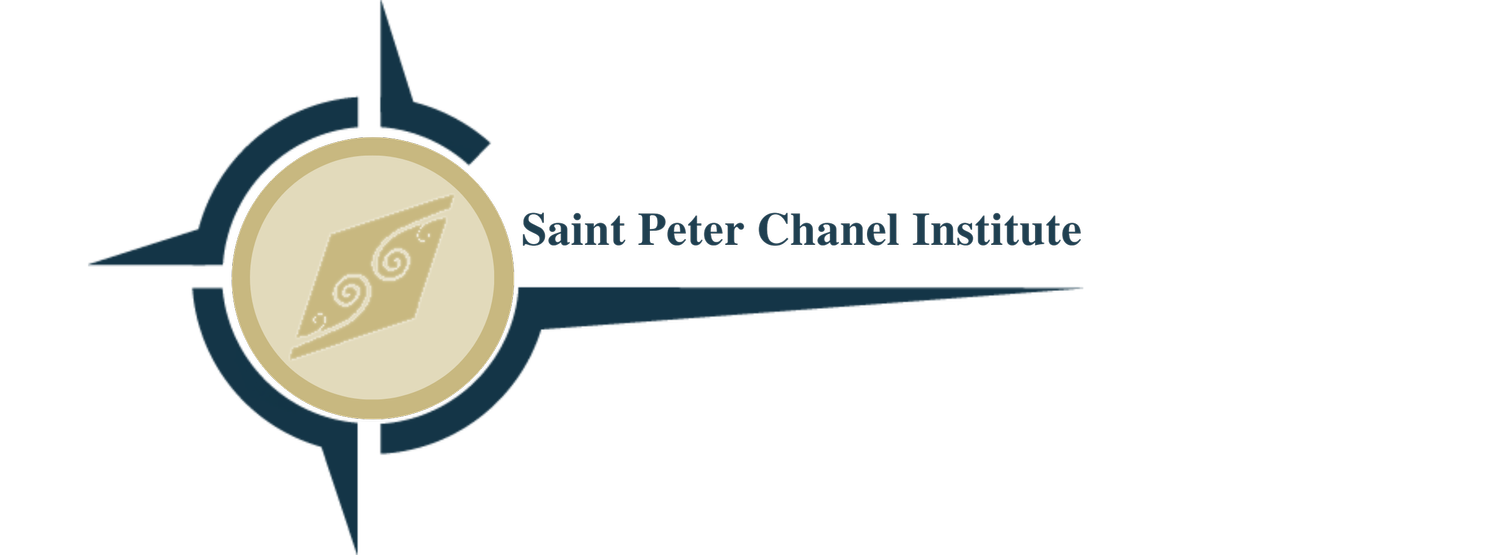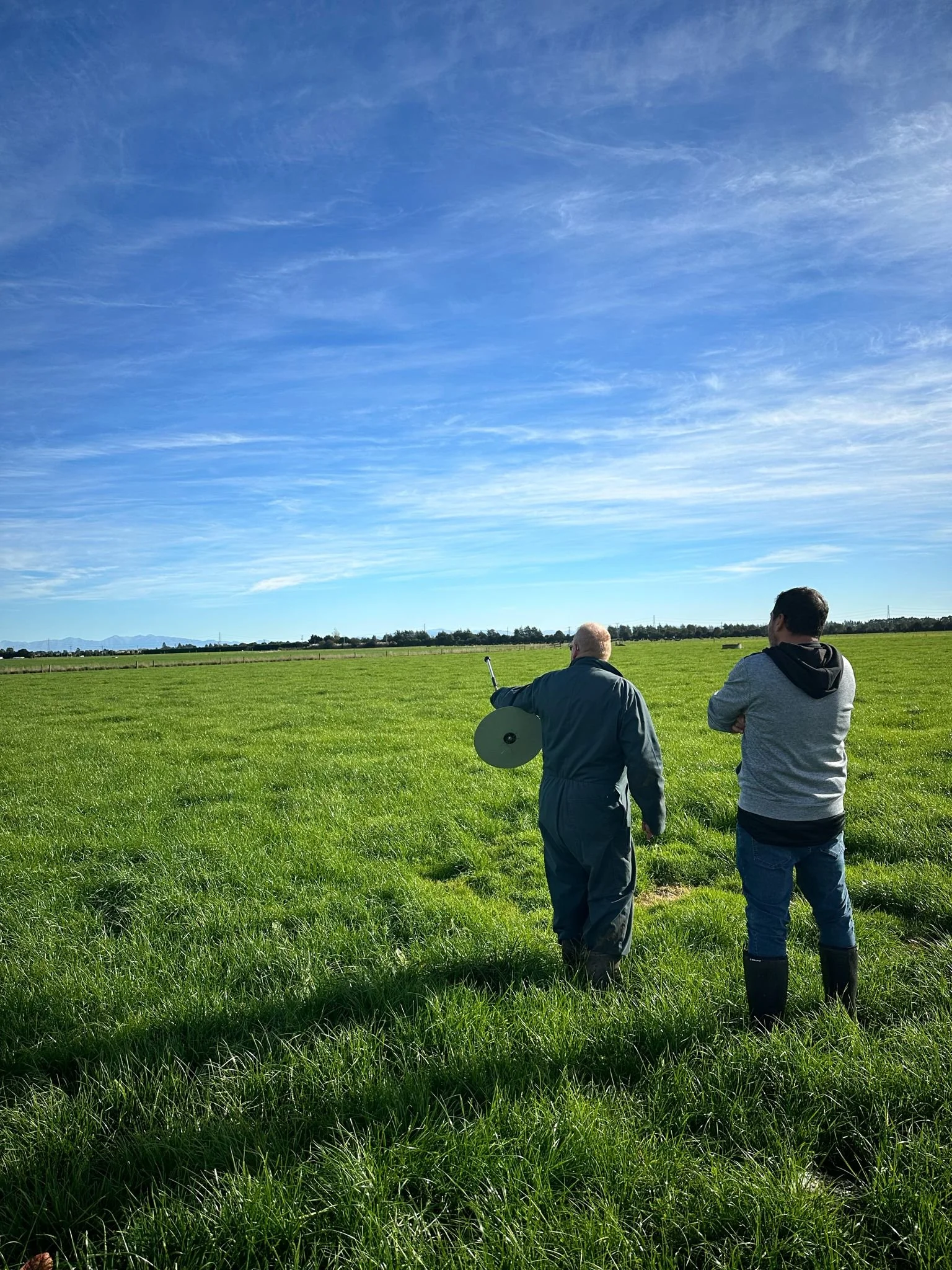
Saint Peter Chanel Institute
We provide a variety of courses and mentoring designed for those planning to travel to New Zealand in search of job opportunities in the agricultural industry.
Our training programs range from interview techniques in English to understanding job roles in New Zealand's dairy farming sector.
We drive your growth by sharing valuable knowledge and experiences.
Our Story
After personally facing the challenges of adapting to a new country with a different language and culture, and with a solid background in teaching and university management, combined with a great passion for animal production, we decided to establish this institute. Our goal is not only to serve as a hub for sharing expertise and providing advice in the area of production systems but also to be a reference point for knowledge and community support.
In an increasingly connected world, it is crucial to have a place where Spanish speakers can explore and better understand New Zealand, especially in the realm of dairy farming, an industry that offers significant employment opportunities in the country.
With over ten years of experience in academic education, veterinary consultancy for dairy farmers in Argentina, and extensive experience in New Zealand’s dairy sector, we are committed to promoting a collaborative approach to efficient and sustainable animal production.
Additionally, we offer personalized support for those planning to visit or work in New Zealand, as well as for those already residing in this beautiful country, helping them grow professionally.
New Zealand is one of the leading exporters of dairy products worldwide, sending milk powder, butter, and cheese to over 130 countries. The New Zealand dairy industry stands out for its efficiency and sustainability. With a predominantly grazing-based system, cows produce high-quality milk with a lower environmental impact compared to intensive production systems.
Focus on sustainability: The industry is increasingly oriented towards sustainable practices. This includes efforts to reduce the carbon footprint and mitigate water pollution.
Innovation and technology: New Zealand is a pioneer in agricultural research and technology. This is reflected in the use of advanced technology in breeding, health monitoring, and livestock feeding to optimize dairy production.
Animal welfare as a priority: New Zealand is known for its high standards in animal welfare, and the dairy industry follows strict protocols to ensure the health and well-being of livestock.
New Zealand- Aotearoa
Tourism and agribusiness: New Zealand’s natural beauty and its reputation in the dairy industry attract thousands of tourists interested in agricultural tourism, offering a window into sustainable farming practices and the country’s bicultural way of life.
Ease of travel and work: The Working Holiday program enables young Spanish speakers to experience life and work in New Zealand, allowing them to improve their English, gain work experience in a developed country, and explore long-term opportunities such as studies or residency.
Appreciation for diverse perspectives at work: Cultural diversity is highly valued in New Zealand’s workplace, with many companies looking to integrate global perspectives into their teams. For Spanish speakers, this opens doors to bring their expertise and cultural approach, which is well received in areas such as marketing, education, and agriculture.
Support networks and the Hispanic community: New Zealand has organized Latin communities, providing newcomers with support networks to help them adapt, connect socially, and find guidance on cultural and job opportunities.
Currently, New Zealand is a multicultural society in constant growth, welcoming people from various nationalities, including communities from Asia, Europe, Latin America, and the Pacific. This cultural openness facilitates the integration of Spanish speakers, who find a receptive and respectful environment for their customs and traditions.
Culture
Culture: New Zealand society is shaped by Māori culture and European (Pākehā) culture. This biculturalism is reflected in daily life, politics, and education.
Respect and recognition of Māori culture: New Zealand has taken significant steps to preserve and honor the Māori language, customs, and values. The Māori language is one of the country’s three official languages.
Integration into the industry: The Māori community plays an important role in the agricultural industry, including the dairy sector, with a focus on land stewardship and sustainable practices that honor their cultural heritage.
The Māori people are the indigenous Polynesian people of New Zealand, known in their language as Aotearoa. They arrived in New Zealand around the 13th century from the islands of Eastern Polynesia, making them part of a broader Polynesian migration across the Pacific Ocean. Their rich culture, language (te reo Māori), and traditions are deeply embedded in New Zealand’s identity, significantly contributing to the country’s art, history, and values.
Māori occupy a special place in New Zealand society as the first inhabitants of the country. Through the Treaty of Waitangi, signed in 1840 between the British Crown and many Māori chiefs, their rights over land and resources were established, while allowing European settlement. Today, the treaty is considered a foundational document and is central to discussions on sovereignty, land rights, and biculturalism in New Zealand.
Māori culture has strong ties to other Pacific Island cultures, such as Samoa, Tonga, and the Cook Islands. Māori language, mythology, and art share common roots with other Polynesian traditions, reflecting their shared ancestry. This connection fosters solidarity and creates a sense of community between Māori and Pacific Island populations, who together form a significant cultural and demographic presence in New Zealand. These connections are celebrated and strengthened through shared festivals, educational programs, and social initiatives aimed at preserving their languages and customs.
Māori and Pacific Island communities play a crucial role in advocating for indigenous rights, sustainable land use, and cultural heritage recognition, all fundamental aspects of New Zealand’s social fabric. Their influence has led to greater bicultural and multicultural awareness, shaping policies, art, and education that honor both history and the contemporary contributions of these communities.








